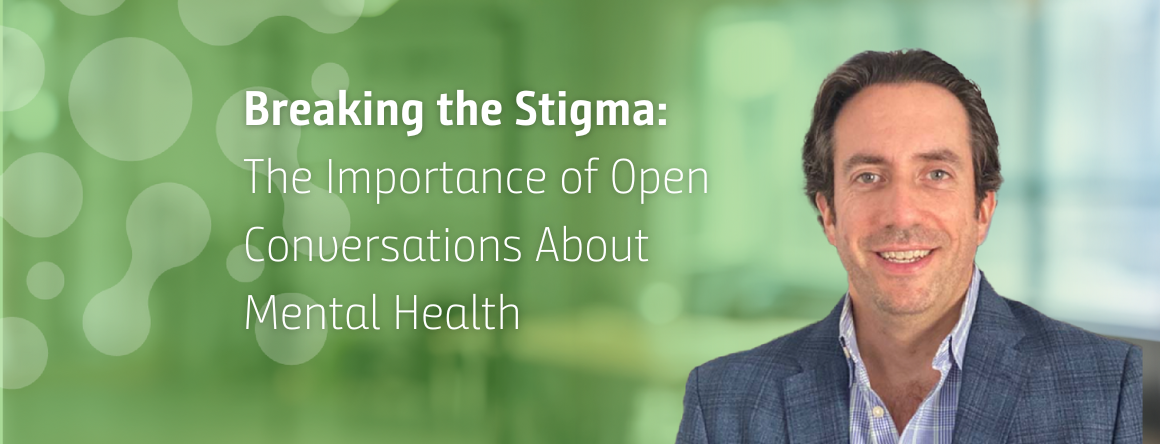The best use of past challenges is to create a better future. The behavioral health challenges brought about by the COVID-19 pandemic resulted in many innovations in the field as well as laying the groundwork for an exciting future. The pandemic profoundly reshaped the landscape of behavioral health, underscoring both vulnerabilities and areas of resilience within the system. As professionals steeped in collective experience, we have been uniquely positioned to recognize the importance of the interplay between biological, psychological, and social factors, and are able to work collaboratively to rapidly pivot and address sometimes rapidly changing needs in the field.
Disability, the Pandemic, and Impact on Behavioral Health
The relationship between behavioral health and disability is complex and multifaceted. Mental health and substance use disorders can lead to significant functional impairments, impacting an individual’s ability to work, maintain relationships, and engage in daily activities, resulting in hardship and overall poor quality of life. The World Health Organization reports that depression is now a leading cause of disability worldwide, a trend accelerated by the pandemic. The pandemic acted as a catalyst, exacerbating pre-existing mental health issues, and contributing to a surge in new cases, associated with isolation, economic uncertainty, and health-related fears. The rise in mental health issues during the pandemic necessitated a robust response from both healthcare providers and policymakers to support these individuals effectively.
Innovations
The use of telehealth for remote assessment and treatment was fast-tracked during the pandemic. Governmental regulations were relaxed allowing for broader adoption and integration of telehealth into healthcare systems, making care more accessible and flexible. Originally approved in February 2015 by The Association of State and Provincial Psychology Boards (ASPPB) Board of Directors, the Psychology Interjurisdictional Compact (PSYPACT) gained momentum. PSYPACT was designed to facilitate the use of telehealth and temporary in-person, face-to-face practice of psychology across jurisdictional boundaries (Psychology Interjurisdictional Compact (PSYPACT) – The Association of State and Provincial Psychology Boards (asppb.net). To date, most states have introduced PSYPACT legislation that is pending or has been enacted, making specialty and other care available to the underserved. Additionally, over the past few years internet platforms and digital therapeutics have been created or expanded to promote mental health and substance abuse awareness, education, and support.
Current Practice
Behavioral health is recognized as a critical component of overall well-being. Current practices in behavioral health are increasingly collaborative, involving interdisciplinary teams of psychiatrists, psychologists, social workers, and primary care providers, and have been shown to improve outcomes significantly. This integrated approach aims to address the multifaceted nature of mental health and substance use disorders. There is also an increased focus on diversity and inclusion, culturally competent care and addressing health disparities for marginalized communities. This helps to reduce the risk of disability related to untreated mental health and substance abuse conditions in the communities at greatest risk.
The Future
The current trends in behavioral health offer a strong foundation for future advancements. Collaborative care models, prevention and early intervention, innovative therapies for PTSD, depression, and anxiety and the integration of genetics and neuroscience are paving the way for personalized approaches to behavioral health and promises a more accessible, effective, and inclusive mental health care system. By staying informed and embracing change, behavioral health professionals can continue to improve the lives of those they serve, fostering resilience and well-being in a rapidly evolving world.







